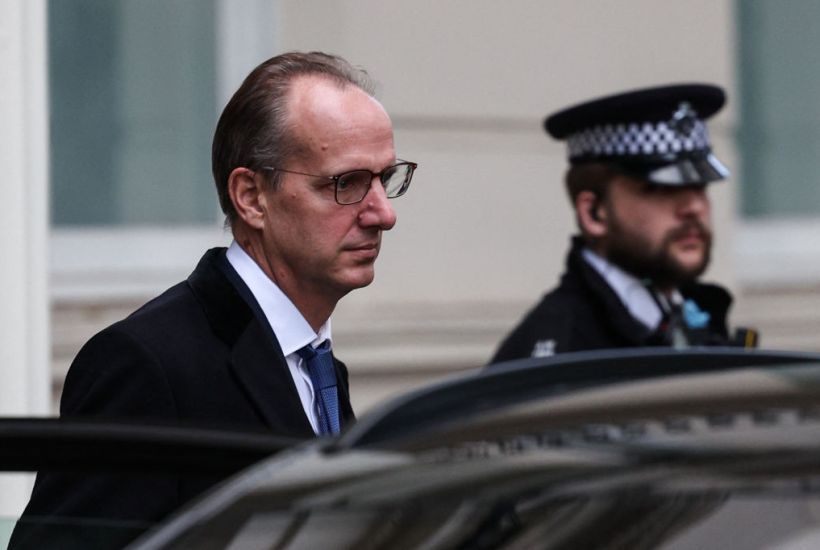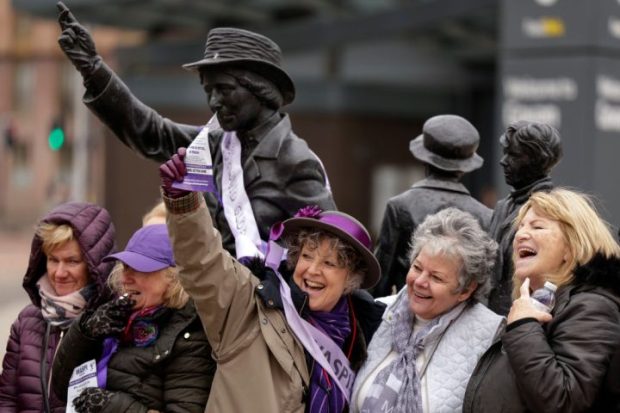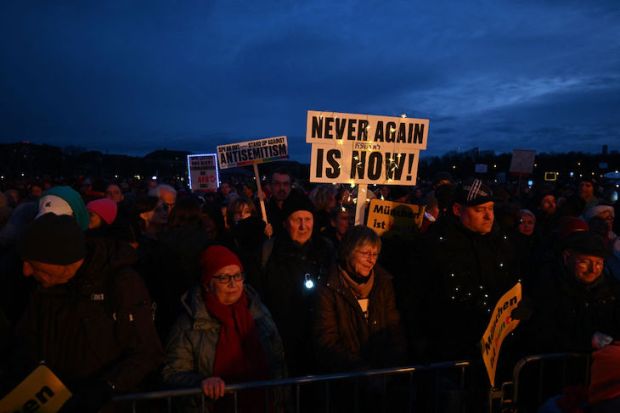Was anything in Martin Reynolds’s evidence to the Covid inquiry surprising today? We already knew that Boris Johnson had a sketchy hold of the details when Covid emerged in early 2020, something that the PM’s former private secretary gave us more on when he admitted that there was a period of ten days where the Prime Minister wasn’t briefed on Covid at all.
We already know that Simon Case liked to mouth off on WhatsApp about how unimpressed he was by, well, everyone, and how it was all a bit unfair. We got more of those missives from the Cabinet Secretary, along with a contrasting exchange between Reynolds and the inquiry’s lead counsel Hugo Keith about how the civil servant mysteriously turned on the disappearing messages function on his WhatsApp group with the Prime Minister – just two days before the Covid inquiry was announced. This evidence session also gave Reynolds the opportunity to apologise for the infamous ‘BYOB’ party in the No. 10 garden. He said he was ‘deeply sorry… for my part in those events and for the email message, which went out that day’.
But the session did give us a fuller picture of the chaos and the characters behind the Covid crisis. Simon Case’s messages showed the most senior civil servant describing Johnson as changing direction every day and saying ‘he cannot lead and we cannot support him’. It was plain from both Reynolds and the evidence given by Imran Shafi, Johnson’s private secretary for public services, that there was little serious planning in the Cabinet Office for the pandemic, and that Johnson didn’t take the emerging threat very seriously.
Public inquiries aren’t necessarily about revealing new things. What they should do is offer firstly a thorough picture of what happened and why, and explore the themes, patterns of behaviour and cultures that led to things not going well. The problem with Westminster’s attitude to the public inquiry as an institution is that it pays attention to the newsworthy, especially the newsworthy interpersonal stuff. Dismissing dynamics within government is daft: you can’t understand why certain things went wrong without knowing who hated who (just look at what worked and what very much didn’t in the Blair/Brown government).
The point at which a public inquiry is the most important is the moment it becomes of least interest to Westminster
But public inquiries should be about preventing the next crisis from being as bad, and therefore the individuals involved are less important than the cultures and structures in which they were operating. Often those individuals have fled the scene long before the inquiry reports, let alone the next crisis. And yet the same mistakes are made by the new people who replace them.
Why is this? Because the point at which a public inquiry is the most important is the moment it becomes of least interest to Westminster. Its evidence sessions and reports get the attention on the days they happen. Then there is little attention paid to whether anyone is actually implementing the lessons examined in the report and the recommendations that it makes for change. The Chilcot inquiry reported too late for its lessons to be learned in time for the intervention in Libya, for instance. But its recommendations still haven’t been followed up properly even now. Even in inquiries with one clear perpetrator of shocking actions, such as Harold Shipman, recommendations either take more than a decade to be implemented – or just gather dust on a shelf.
From today’s evidence, there is plenty that could and should change in government straight away. Disappearing WhatsApp messages, a lack of proper planning for a pandemic, and a senior official admitting that he probably should have ensured the Prime Minister was being briefed on an emerging pandemic: all of these are less to do with the individuals involved, and more to do with the structures and cultures in government which incentivise this behaviour. Those won’t change even when none of the people giving evidence this week are anywhere near Westminster.
Got something to add? Join the discussion and comment below.
Get 10 issues for just $10
Subscribe to The Spectator Australia today for the next 10 magazine issues, plus full online access, for just $10.





















Comments
Don't miss out
Join the conversation with other Spectator Australia readers. Subscribe to leave a comment.
SUBSCRIBEAlready a subscriber? Log in